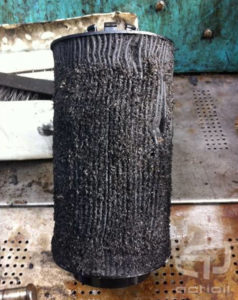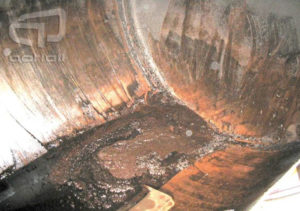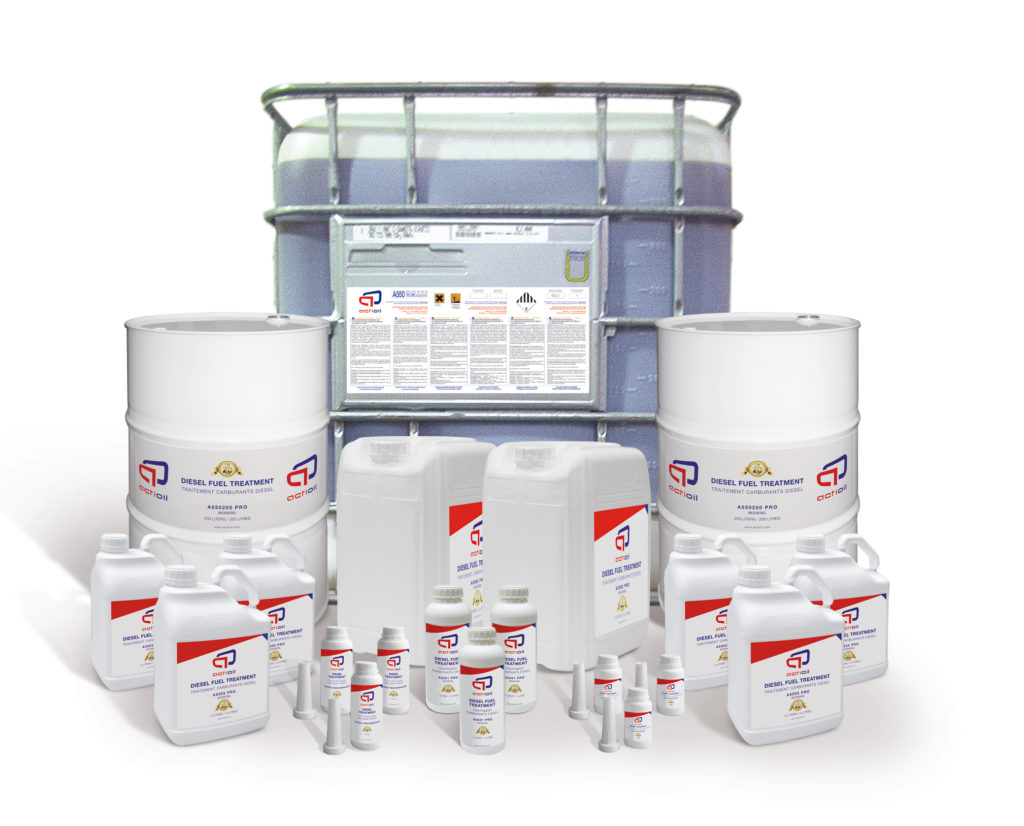Did you know that 8 out of 10 diesel engine failures are related to contaminated fuel?
The most common contamination is the diesel bug which creates a sludge in the fuel tank and system. It will clog filters, corrode tanks & injectors, and even cause sudden loss of power. Large fleets turning over fuel quickly will be less likely to be affected. Fuel standing around for extended periods or using the fuel at the bottom of your tank will increase the chances of your vehicles being affected.
Have you got any of the following issues with our diesel engine?
- Sudden loss of Engine Power
- Increased Fuel Consumption
- Starting Difficulties
- Excess Black Exhaust Fumes
- Blocked Fuel Filters & Injectors Regularly
- Coffee/Tar like Appearance sludge on filters
If so, then you have an issue with your diesel fuel, most likely from what is known as the diesel bug. Modern diesel is more susceptible to problems as; once refined diesel starts to deteriorate once it leaves the refinery as it reacts with the oxygen in the air due to fuel degradation, which is a natural occurrence. Modern diesel used here is even more susceptible due to the removal of sulphur and the addition of FAME (Fatty Acid Methyl Esters) Biodiesel as a result of government regulations to reduce its impact on the environment. Diesel here must include up to 7% FAME. However, higher levels of FAME content are not uncommon across some fuel suppliers. This FAME along with oxygen and the presence of water (usually caused by condensation in a tank), all lead to the perfect petri dish for microbial growth that can lead to diesel bugs, moulds, yeasts and bacteria throughout the fuel. Once present, these different growths will continue to grow and deteriorate the fuel causing the creation of sludge at the bottom of the tank or through the fuel system.
See below picture of Fuel Filter & Tank with this sludge:


How can you treat or prevent these problems?
The costly method to treat this is to replace or clean your engine parts and manually clean your storage tank. However, there is a cost-effective method to deal with the issues and to prevent them from occurring by using chemical additives or treatment and continuing to use them as a preventative measure. Numerous additive and treatment products are available on the market and range in price, effectiveness and use. Many require use with every fill of diesel, and many only offer 1 or 2 actions and some lack lubricity which is becoming more a requirement as modern diesel has less lubricity than previous versions due to reductions in sulphur levels used. There are, however, a small number of high-quality, reliable products on the market and doing the research into the products will pay dividends in the results you will attain.
Actioil A550

Actioil A550 is one such high-quality diesel treatment product on the market. Actioil only needs to be used in a vehicle/machine once a year or at service interval and in a storage tank as little as once every three years, depending on how often it is filled, as a preventative measure to ensure your fleet has reduced downtime because of diesel contamination. This means one treatment with Actioil is less than the maintenance cost of fuel pumps and injectors. Actioil can treat up to 22 different problems associated with diesel degradation & contamination in one treatment through its many actions, some of which include:
- Elimination & prevention of bacteria formation.
- Improving the lubricity of the fuel.
- Formation of a protective nano-film to prevent corrosion in tanks & diesel systems.
- Atomises water particles to eliminate safely.
- Protecting the pumps & injectors.
- Restoring the performance levels of diesel.
- Improving Fuel Economy by up to 6%.
- Increasing the effective life of the fuel.
- Preventing the formation of paraffin & crystallisation.
- Dissolving sludge & sediments.
- Reducing the freezing point of the fuel for improved cold weather start-up.
- Reducing polluting emissions.
Actioil is very easy to use, and the team at Finol, who are the Irish distributors, can help advise you on the correct amount you need and its use. For more information, contact us at +353 (1) 2238842 or fleet@finol.ie. Actioil is trusted by many of the leading vehicle and equipment manufacturers globally, as seen in the list of their global partners here:

